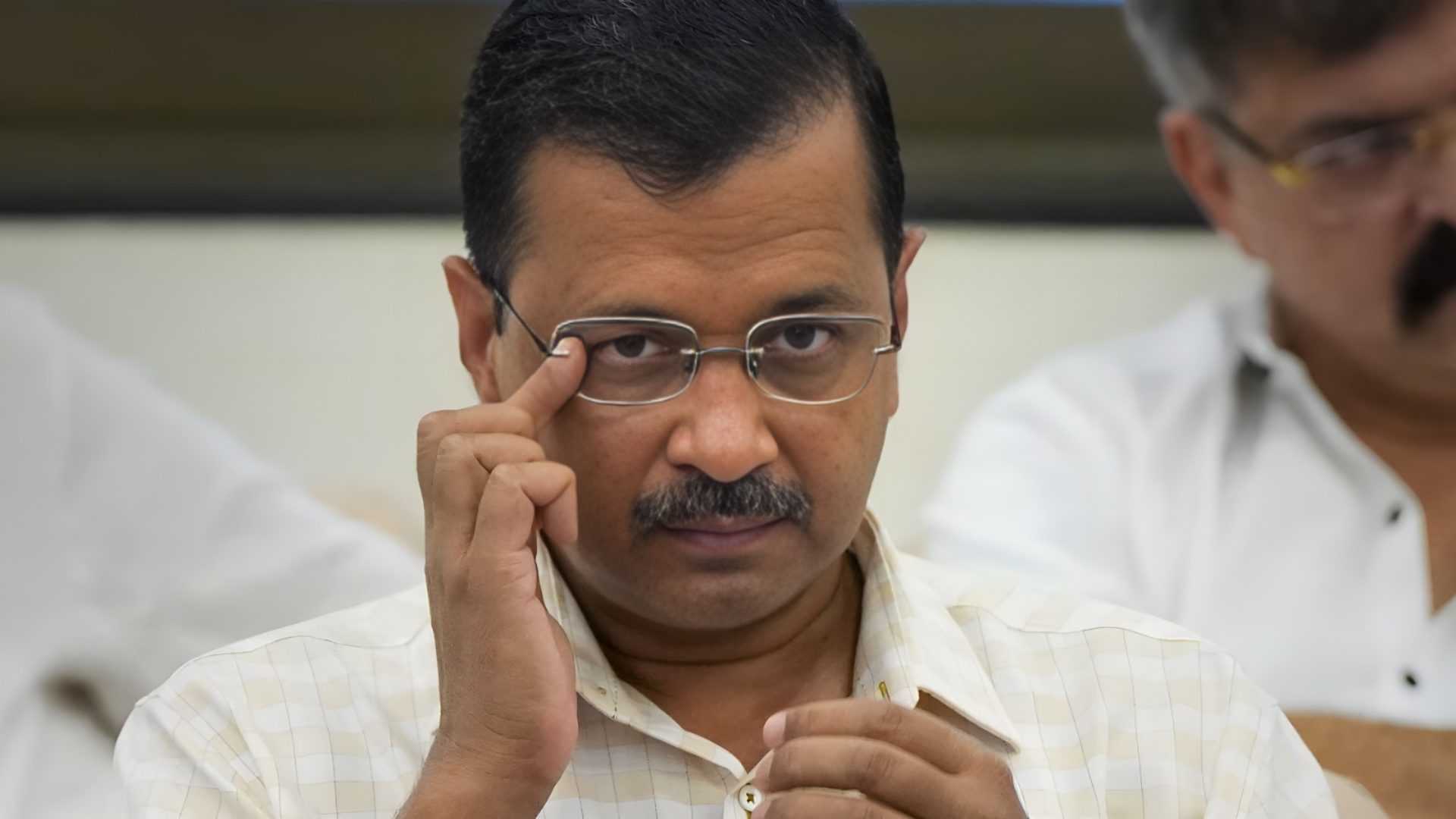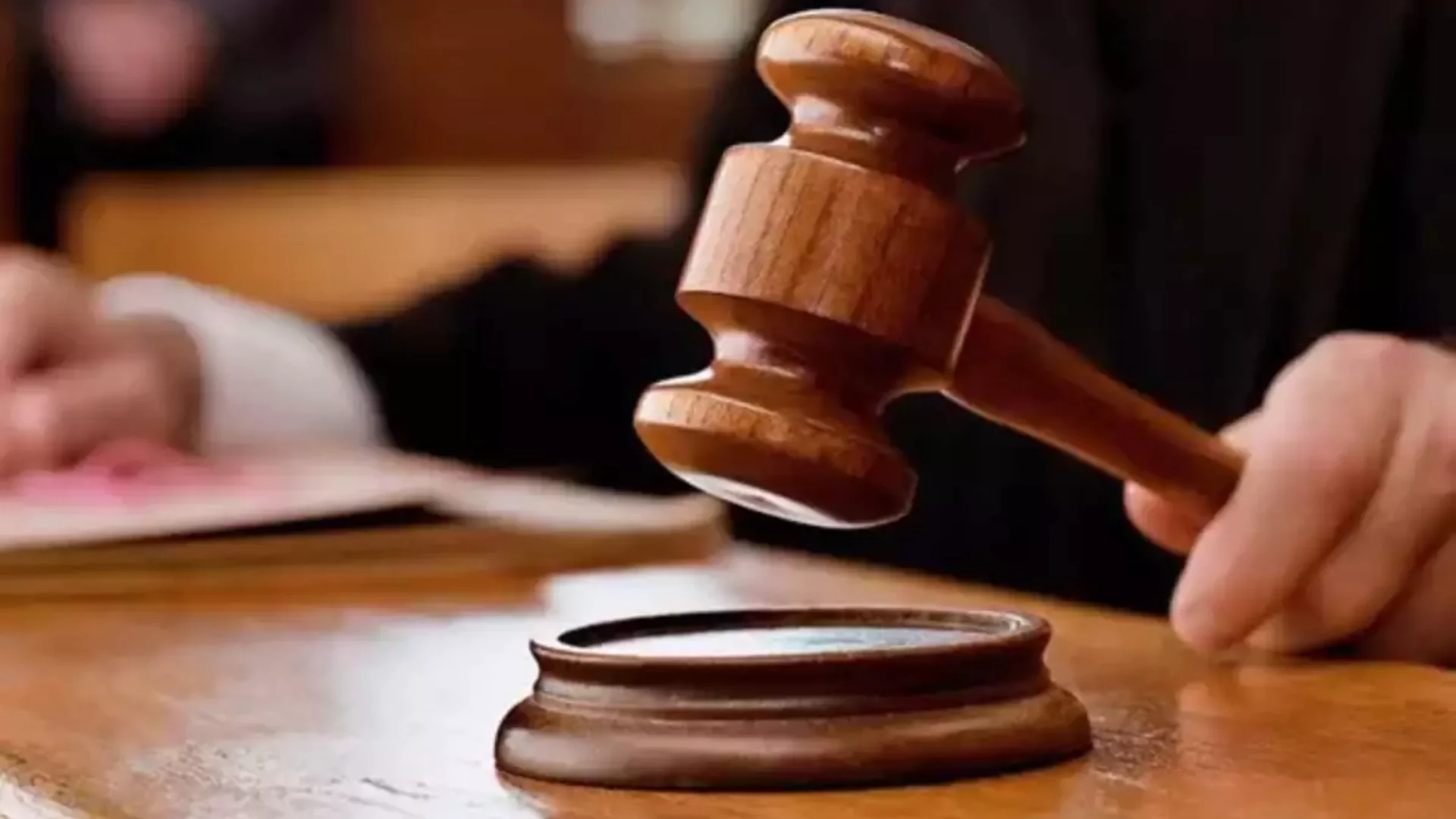The Delhi High Court rejected Arvind Kejriwal’s bail petition on the pretext that the ED was able to find enough material. The court order asserted that the material collected by ED reveals that the CM conspired and was actively involved in the use and concealment of the proceeds of the crime. The ED case also reveals that he was involved in his capacity as well as convenor of AAP.
In the recent update on the Arvind Kejriwal hearing, on Tuesday, the Delhi High Court revealed its verdict regarding Delhi Chief Minister and Aam Aadmi Party (AAP) leader Arvind Kejriwal’s appeal against his arrest by the Enforcement Directorate (ED) in the excise policy money laundering case. The Delhi Chief Minister has been denied by the Delhi High Court.
The Delhi High Court stated, “This court won’t lay down different categories of laws, one for common citizens and other for granting special privileges for a Chief Minister.” The court further added, “Material collected by ED reveals that Kejriwal conspired and was involved in the formulation of excise policy and used proceeds of crime. He is also allegedly involved in personal capacity in the formulation of policy and demanding kickbacks and secondly in the capacity of national convenor of AAP.” The high court dealt a significant blow to the Delhi chief minister, ruling that the ED’s arrest and remand of Kejriwal were “not unlawful.”
Kejriwal’s Arrest:
Arvind Kejriwal was taken into custody by the Enforcement Directorate (ED) on March 21, as the high court declined to protect him from coercive actions by the federal anti-money laundering agency. After his ED custody concluded, he appeared in a trial court and was then remanded to judicial custody on April 1 until April 15. The case revolves around allegations of corruption and money laundering related to the development and implementation of the Delhi government’s excise policy for 2021-22, which was subsequently revoked.
The liquor policy aimed to reform the alcohol industry in Delhi, but it was canceled following an investigation ordered by Lieutenant Governor VK Saxena due to suspected irregularities. According to the Enforcement Directorate (ED), the policy offered significant profits, and purported bribe money was used to support AAP’s election campaigns.

















